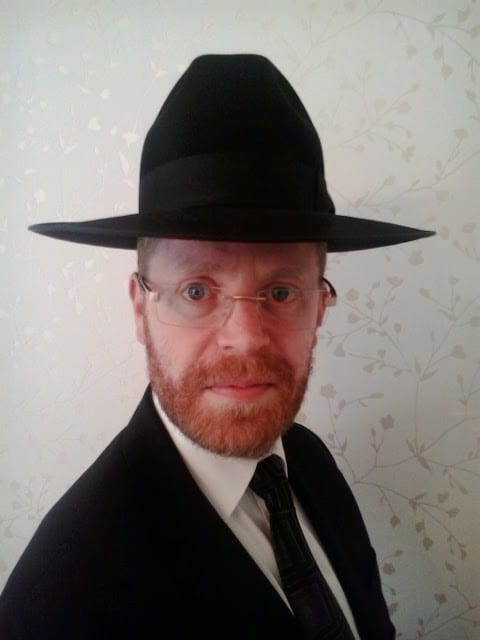
Have you ever wondered why the Jewish day starts at night? Why is it that Shabbat and Yom Tov begin just before it gets dark in the evening rather than as dawn breaks the next morning?
Of course, the obvious answer is that we follow the order of creation, as the Torah describes, ‘there was evening and there was morning’ and so from the beginning of time, night preceded day and that’s how it’s been ever since. But could there perhaps be a deeper significance to it?
I’d like to suggest that it represents a deep sense of hope. Day following night symbolises good prevailing over evil, light following dark implies happiness overcoming sadness and victory triumphing over defeat. This is what King David was referring to when he said: ‘My soul is to G-d among those who await the morning…Israel, hope to G-d, for kindness is with G-d and much redemption is with Him.’
In our national consciousness we know that just as day follows night so too dark periods in our history give way to the light of peace and security. We await the morning during the darkness of the night. That is why every Shabbat we say: ‘It is good to thank G-d and to sing praise to Your exalted name; to relate Your kindness in the morning and Your faith in the nights.’ (Tehillim 92)
Daytime is an allusion to redemption, while night represents exile. We express our faith that even though there are times when we suffer ultimately we remain hopeful that G-d will save us. It is this hope that is the foundation of our faith.
The story is told of the great 19th century sage Rabbi Yisroel Salanter who once went to a shoemaker in his town to have a pair of shoes repaired. Since it was already nearing the end of the day he felt that the lack of light might cause the shoemaker difficulty. Rabbi Salanter therefore suggested that the shoemaker wait until the next day to start on the job. ‘Do not despair’ came the shoemaker’s reply. ‘I’ll just light a candle. As long as the candle is lit, it’s still possible to do the repairs.’
Rabbi Salanter saw these simple words as significant and took them to heart. Upon his return to the yeshiva he repeated the shoemaker’s words to his students, while shedding his own Torah ‘light’ on them. We must never resign ourselves to spiritual despair. As long as the candle burns, we can affect the necessary repairs.
There seems to be a widespread misconception that Yom Kippur is a sad day because we fast and ask to be forgiven. In fact, it’s a Yom Tov in every sense of the word because it affords us a remarkable opportunity to make our own necessary repairs and know that we’ll be forgiven. That’s why, just as day follows night, so too we begin the new year with a renewed sense of hope. So that whatever happened in the previous year, whatever negative things we experienced we can be optimistic that the coming year will be better







